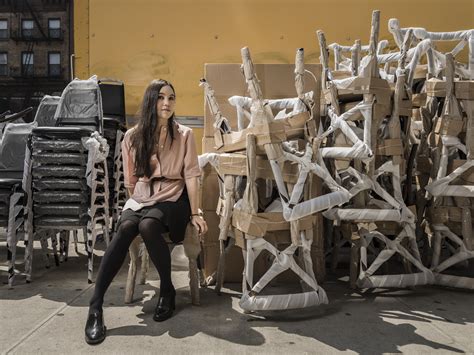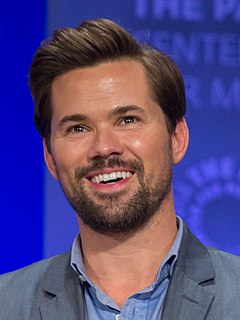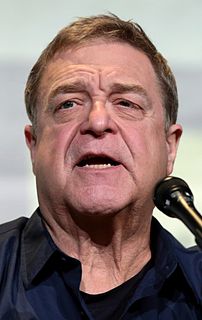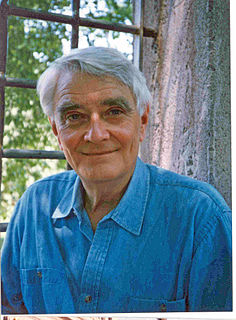A Quote by Nick Cave
It's very intuitive, the way that I approach my work. I only buy something that has a pulse. I may not know how I'm going to use it, but I know it has a pulse and it has multiple readings - if I shift it one way or another, it can be read this way or it can be read that way, but both readings are critical and very much ground the work.
Related Quotes
I love doing the readings. The readings are the fun bits... The readings are probably the things that actually keep me going on these. If I couldn't do the readings, I wouldn't do the [signing] tours. I get to stand up there and read to a bunch of adults who in many cases nobody's read to in years, since they were about five. They just squat on the floor. That's enormously enjoyable.
One of the most obvious aspects of the music to people who know jazz is: How does it feel in the swing? These are things that are very subtle and that jazz musician appreciate in a particular way. I appreciate the way Tommy Flanagan swings, the way that Barry Harris swings, the great pulse that Hank Jones and Bill Evans have - end every one of them is different.
Luckily Ryan Murphy has a great track record of really having his finger on the pulse of pop culture in a way that very few people do. And he is able to work things into stories in a ridiculously timely way - sometimes, before anybody else thinks it's going to be a thing, he is able to create these moments on television. I was thrilled to get to work with him, and I knew he would be able to tell that story with that same energy.
The way I write is very much without kind of a goal. I have something I'm interested in and then I decide I'm going to explore it. I don't know where the characters are going to go, I don't know what the movie is going to do or what the screenplay is going to do. For me, that's the way to keep it alive.
You live in a society that is shaped in every possible way by the Bible. The language you use, the laws you obey (and disobey), the founding principles of your nation, the disputes about abortion, homosexuality, adultery - these and so much else in your world are rooted in the Bible. You don't have to read it for its truth value. You should read it to understand how your world got the way it is, the way you would read the constitution or Shakespeare.
When I'm editing my work, I'm looking for everything to fit, to feel seamless, for every detail or line of dialogue or scene to feel necessary and organic. I approach the writing of others in much the same way while always working to preserve the writer's voice. To allow myself to be vulnerable on the page, I tell myself no one is going to read my work. There's no way I could put myself out there otherwise.
You know, in some ways conducting is counter-intuitive. It's like winter driving in Finland - if you skid, the natural reaction is to fight with the wheel and jam on the brakes, which is the quickest way to get killed. What you have to do is let go, and the car will right itself. It's the same when an orchestra loses its ensemble. You have to resist the temptation to semaphore, and let the orchestra find its own way back to the pulse.
I think too much is known about me already. I think biographical information can get in the way of the reading experience. The interchange between the reader and the work. For example, I know far too much about Norman Mailer and Kurt Vonnegut. Because I know as much as I do about their personal lives, I can't read their work without this interjecting itself. So if I had it to do over, I'd probably go the way of J.D. Salinger or Thomas Pynchon. And just stay out of it altogether and let all the focus be on the work itself and not on me.
Usually, you get a script and you have the whole story. All the acts are there, for a play. You know what happens in the first, second and third acts, and you know how it starts, where you go and where it finishes. [With American Horror Story: Asylum], it's a whole new experience. I don't know where it's going, and I don't know what's going to happen next. It's been an interesting way to work. It's made me work in a much more fluid, braver way, just taking every chance that comes along.




































